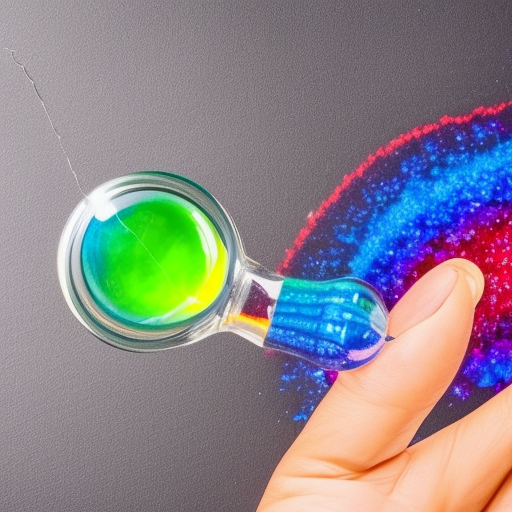
The synthesis of whole genomes has the potential to revolutionize fields such as synthetic biology, biotechnology, agriculture, and medicine. The development of this technology could enable the creation of novel organisms, targeted gene therapies, and sustainable bio-based production systems.
Despite the promise of whole genome synthesis, numerous scientific and technical challenges must be overcome, including DNA synthesis accuracy, efficient assembly of large DNA fragments, error-correction mechanisms, and regulation of gene expression.
Resolution criteria:
This question will resolve to "YES" if, before January 1st, 2040, a technology for whole genome synthesis is publicly and credibly documented to have:
Successfully synthesized a complete genome of a living organism with a minimum of 1 million base pairs (bp).
Demonstrated an overall synthesis accuracy of at least 99.9%, meaning that, on average, no more than 0.1% of the synthesized base pairs differ from those in the reference genome.
Enabled the creation of a viable organism from the synthesized genome, where viability is defined as the organism's ability to grow, reproduce, and sustain life under appropriate conditions for its species.
Been applied to at least one example of a eukaryotic organism, which must be a distinct species from any prokaryotic examples used in the demonstrations.
A successful demonstration must be accompanied by:
A publicly accessible report or documentation describing the whole genome synthesis technology, the synthesized genome, and the resulting viable organism.
Independent validation of the results by at least two separate entities with expertise in synthetic biology, genomics, or related fields. These entities can be research groups, institutions, or companies.
Video or photographic evidence of the synthesized genome and the viable organism, as well as any available analytical data supporting the claims.
I will use my discretion when resolving this question, possibly in consultation with experts.
Three possible scenarios;
They synthesize every base pair in the genome.
They synthesize a million base pair segment that is assembled with other non-synthetic segments from the organism.
They synthesize a aggregate total of a million base pairs across many separate segments that are assembled with other non-synthetic segments.
Which of these are you thinking about?
Just to be clear - this result https://www.jcvi.org/research/first-self-replicating-synthetic-bacterial-cell (from 2010) would almost count, except that a) no documentation of synthesis accuracy and b) not eukaryotic, right? It also appears that substantial progress on eukaryotes has already happened (https://www.biorxiv.org/content/10.1101/2022.04.11.486913v1)